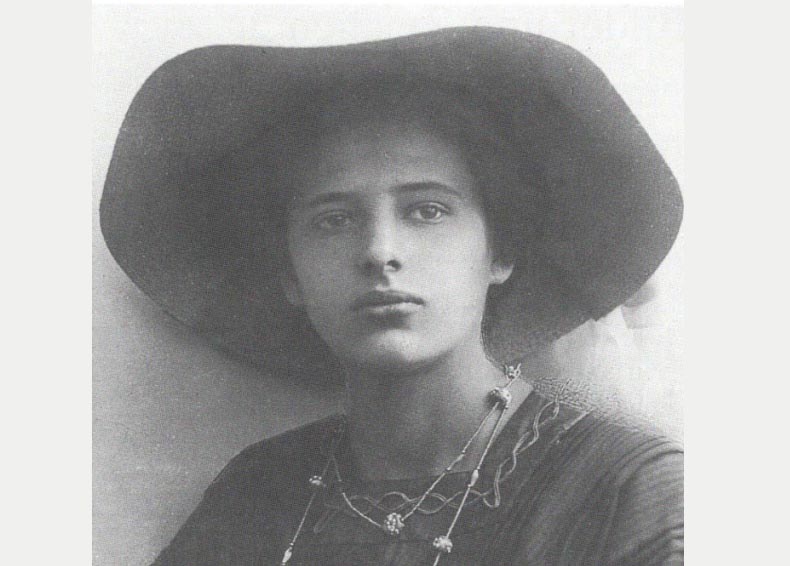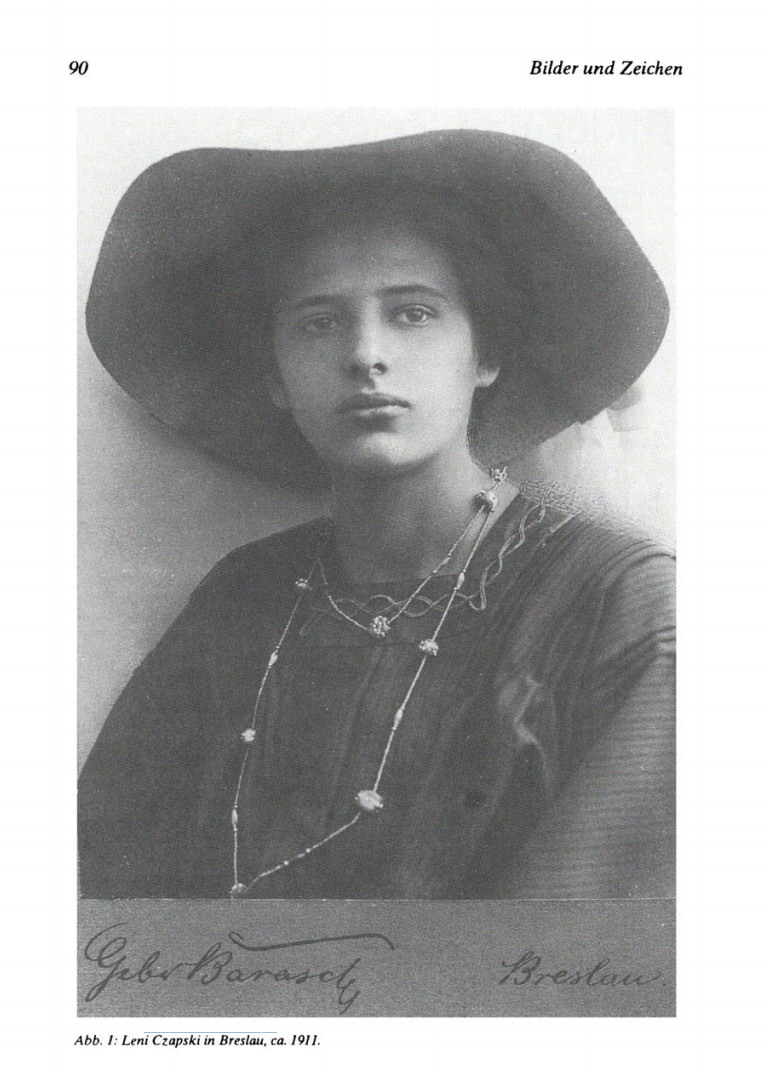Helene Holzman

Henry Parland
2019-09-17
Rosian Bagriansky
2019-09-17


Helene Holzman
Once upon a time, during the World War 2, there was a secret group of “angels” operating in Kaunas, mostly women: Lithuanians, Russians and Germans. They were united by one desire to maintain their humanity and to help those who needed it the most during the horrible days of war.
Among them there were Helene Holzman (Leni Chapski) – a young German painter (a student of the young expressionist Max Beckmann), teacher of fine arts and German language. She arrived in Kaunas in 1923 only because this city left a very deep impression on her husband Max Holzman, soldier of WW1 and a painter. In Laisvės Alėja, he established the famous Pribatis bookstore that created the bridges of culture between Lithuania and the Western Europe. During the war, Helene, lost two of her dearest people: her husband and her elder daughter Maria. But it did not break her, rather gave her strength to help others. Among them, residents of Kaunas Fruma Vitkinaitė Kučinskienė, Julijana Zarchi and many many others.
Doctor Elena Kutorgienė one of the brave women from this group wrote the following about Helene:
Today a wonderful woman visited me, full of unmatched will and bravery. Her husband participated in the WW1 (had a medal) and disappeared throughout the first days of war, when Jews were arrested on the streets and sent to their death. Her daughter, a seventeen-year-old, was shot at the prison, the second daughter declared as a half-Jew, was supposed go to the Ghetto... The mother is in constant danger, but she helps others as much as she can. I have given her poison so she can choose death when she is about to be arrested. How strong and dignified she is in the face of the endless suffering of a mother... I admire the strength of her heart.
Helene Holzman wrote the following about this difficult year:
The home of Nataša were full of people again. Ira and Danutė were finally admitted to the orphanage. It was not easy for little girls, but they adopted the role of orphan Lithuanian girls and did not catch anyone’s eye. From Saturday afternoon to an early Monday morning, they would spend time with their “aunts”, that is us. On Sundays, Regina, Gabrielė, Mozytė and others would come by. It was good to open hearts, because many people were leading a dangerous life, carrying out hard physical chores. Everyone used to bring whatever edible they had. We chatted in all languages, and we needed to calm down the children so they would not chirp so loud and attract the unwanted attention. There was this one time in March when we welcomed even eleven Jews, also Natasha’s. It was a record number. We were all women, understanding one another easier. We spoke about politics and tried to guess how long the reign of violence can last. We consoled ourselves with thoughts that better times are waiting ahead.
We kept Danutė with us. She was a fragile light-haired girl with a tall brow and cute nose. She did not look Jewish at all; only from her almond green eyes full of the indescribable tragic sadness of her nation, a more perceptive person could say that she is not a Lithuanian. We fed her well, brought her books with pictures, told her fairy-tales, prepared a set of colourful threads for crafts – this is how we all together tried to distract a ten-year-old girl. But she was still very sad and held back her tears. My parents and older brother loved her genuinely and pampered her. They brought her from the ghetto against her will.
You may find more about Helene’s story in a book Dies Kind soll leben: Die Aufzeichnungen der Helene Holzman 1941–1944.
Once upon a time, during the World War 2, there was a secret group of “angels” operating in Kaunas, mostly women: Lithuanians, Russians and Germans.


